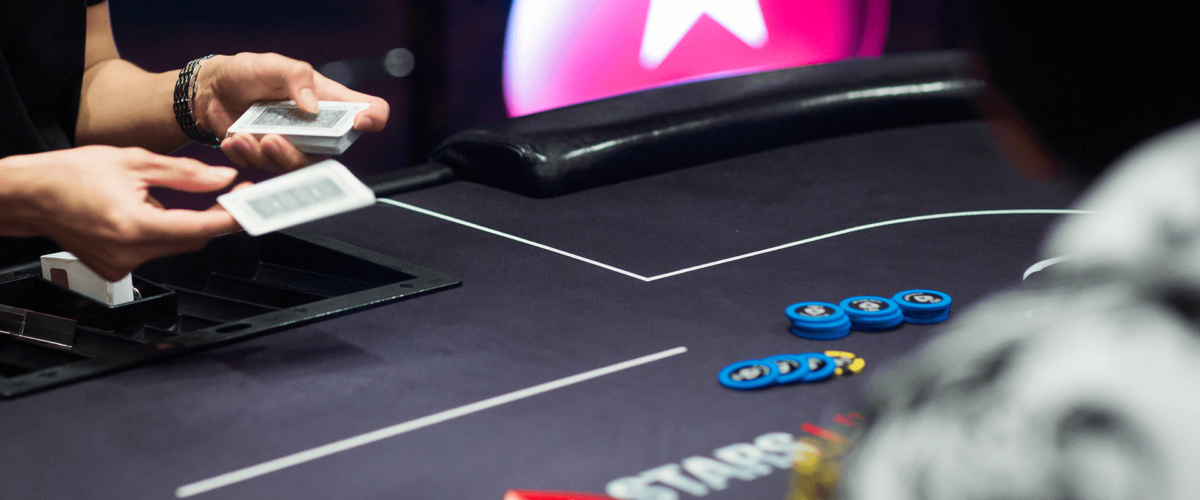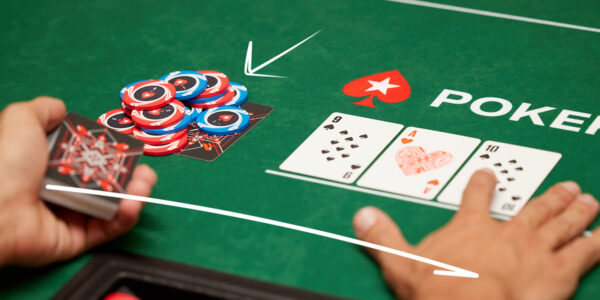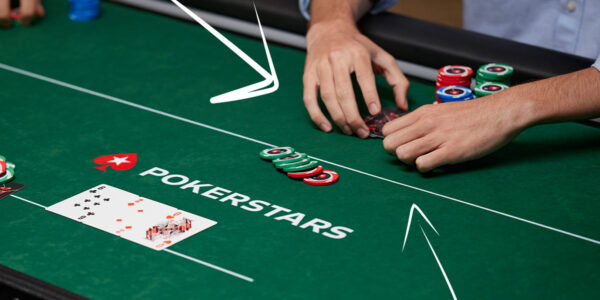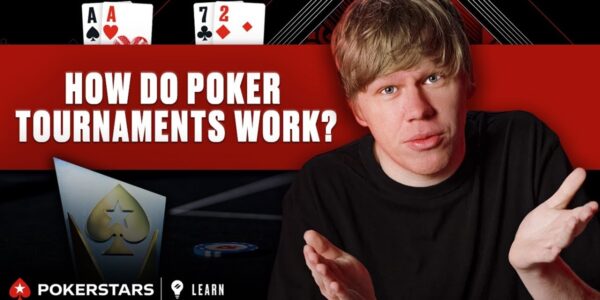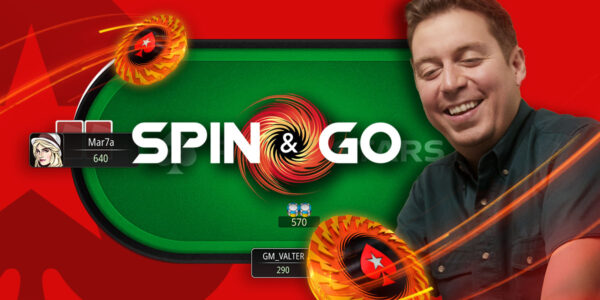How to Beat Small-Stakes Poker Cash Games
Once you’ve signed up to PokerStars there are many different real money poker games that you can choose from. These range from Spin & Go’s to multi-table tournaments to hyper-turbo Sit & Go’s, and much more. However, many small-stakes players will focus on cash games when they start playing on PokerStars.
There are many advantages to cash games over any other variant. You can choose what stakes you want to play and how much to buy-in for, meaning that there is a game available for all levels of player. You can sit down and leave whenever you like, giving you lots of flexibility to play for just a few minutes or hours on end, depending on what you want to do. This is very different to a multi-table tournament, for example, where you are locked in to playing until either you get knocked out or you win the entire thing. Best of all, small-stakes cash games are very beatable – here are some of the strategies you should employ to make sure you are a winner in the games.
While there are always exceptions, in general small-stakes cash game players will regularly make costly mistakes. It’s our job to try and capitalise on these. One common error is that they play too many hands and don’t like to fold either before or after the flop. What is the best way to exploit this mistake? Quite simply, you should rarely bluff and instead focus on value betting much more. A lot of the time you might make a good, solid bluff and start hurling insults at your opponent when they call you with a weak hand and win. However, if you attempt to bluff a player who cannot be bluffed then you are the one making the huge error in this instance. Instead, just give up in those small pots where you are tempted to bluff and let your opponents take it down. But on those occasions where you do have something make sure that you bet as many streets as possible – even if your hand is only of medium strength. Usually you will be called by worse, and the value you get in these spots will more than make up for the pots you lose by just giving up and checking it down.


In these games you may also come up against players who bluff too much! Opponents like these can be dangerous to play, but only if they are able to pick good opportunities to bluff. In small-stakes games this is unlikely to be the case, and most bluffs will be easy to spot because they won’t make too much sense. For example, the flop has a flush draw on it, like Qc-8c-2s, and your opponent check-calls. He does the same on the 3d turn, a blank card which doesn’t bring in the flush. Now the river is 2h, another blank which doesn’t bring in the flush, and your opponent leads out for full pot. If you have anything in this spot you should probably call. While there’s a chance your opponent could have been slow playing all along, or hit an unlikely trips on the river, it’s much more likely they have a missed draw and are desperately trying to steal the pot. Whenever the story being told doesn’t make much sense, it’s often because they are bluffing.
Finally, you should also look for betting patterns that give away a lot of information. Good poker players are always trying to balance the size of their bets so that they get the most value whilst giving away the least information. Poor players – like those you will experience in small-stakes cash games – will often fail to do this balancing act well. Here are some common bet sizing errors that poor players make:
- Raising small pre-flop with their weak hands and making larger raises with their really strong hands
- Betting full pot post-flop when they have made the nuts
- Only overbetting with the nuts
- Making min-raises post-flop when they have a medium-strength hand they want to get to a cheap showdown
- Betting one big blind post-flop with very weak hands (make sure you raise in this spot!)
Hopefully these useful tips will enable you to get off to a good start on your small-stakes cash game journey. Just remember to be disciplined, focus on the basics and pay attention to what your opponents are doing. If you can do this then you should be able to move up through the stakes in time.


